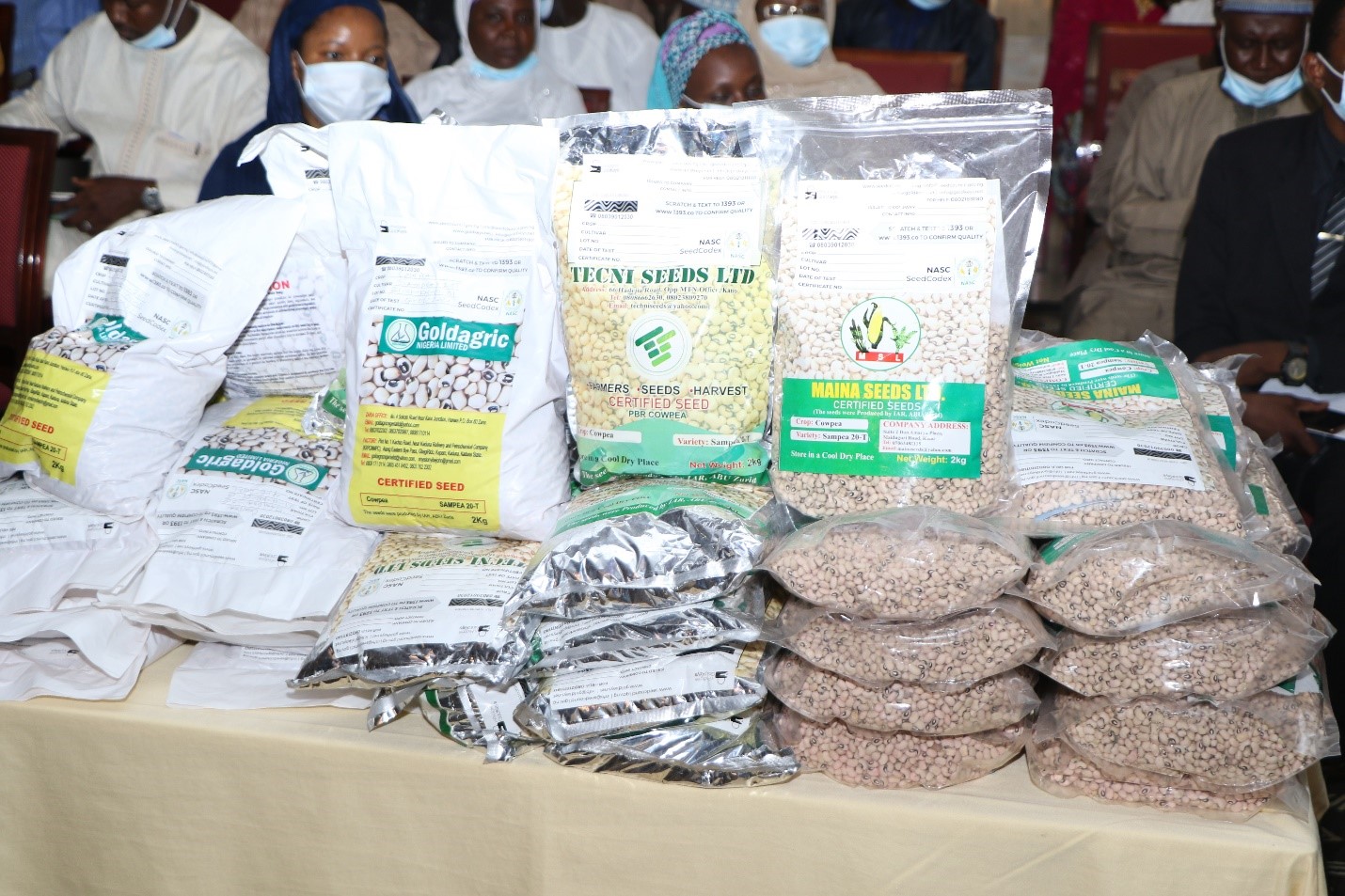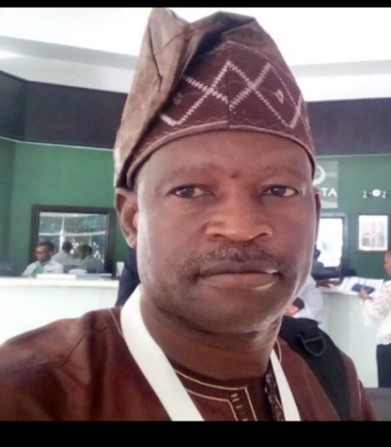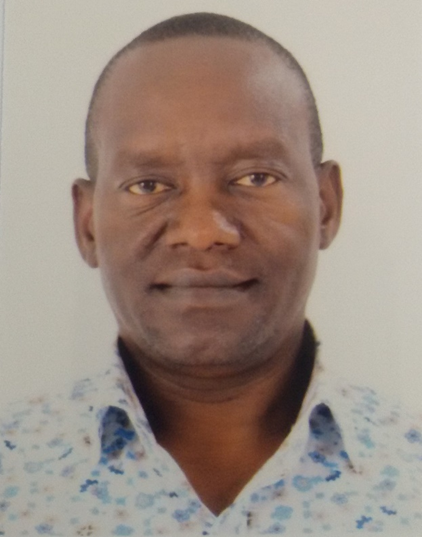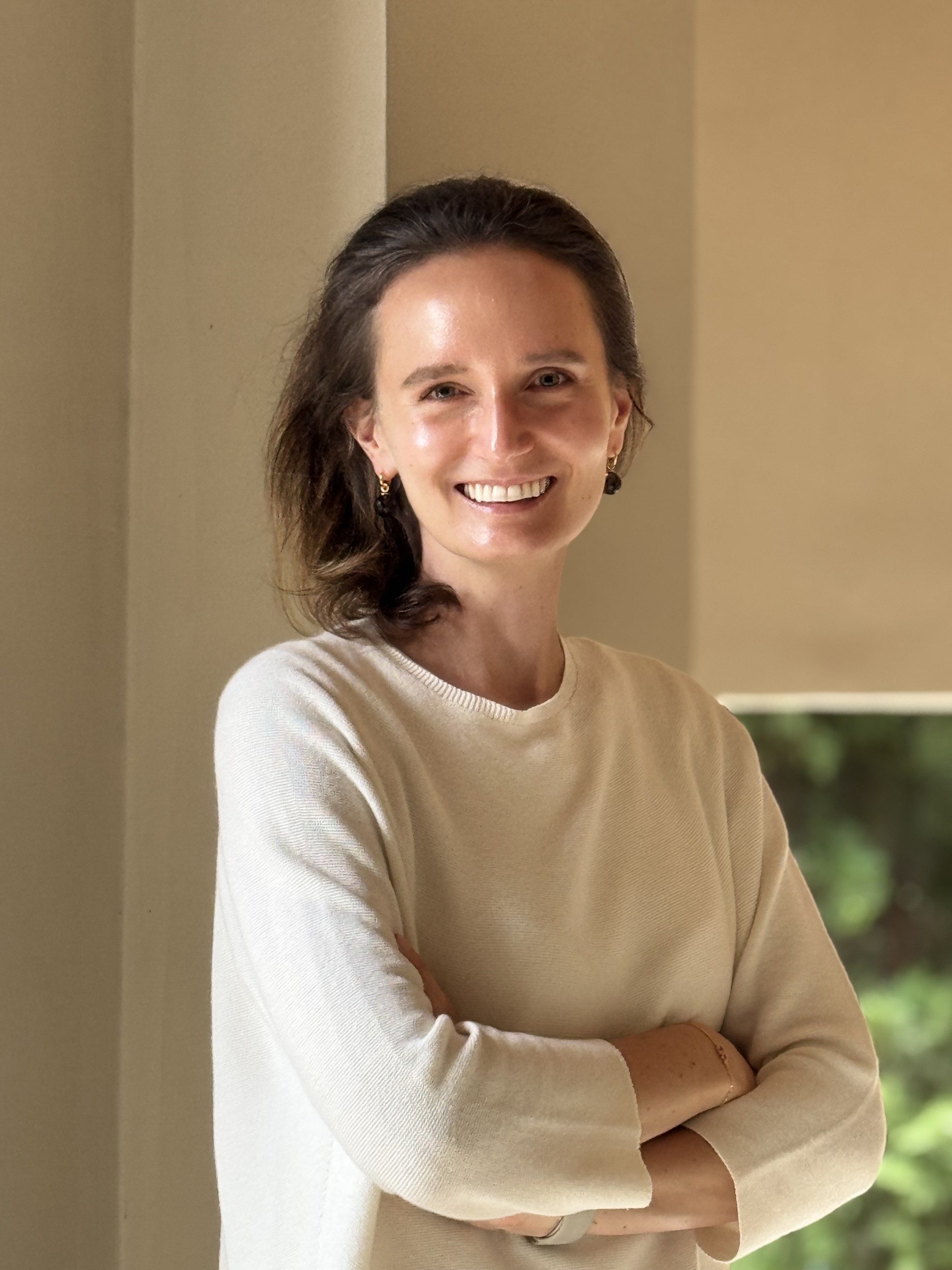
Today is the big moment that we have been waiting for. The day that Pod borer resistant cowpea will be available for cowpea growers. This event is at the core of AATF mandate of finding and providing appropriate technology for smallholder farmers to boost agricultural production, increased food security, improved nutrition, and alleviating poverty on the continent.
I would like to start by thanking all the partners who are attending this Launching in this historically famous, and beautiful city of Kano. I would like to express my sincere gratitude to the Executive Governor of Kano State (Dr Abdullai Umar Ganduje) for accepting to host this important event, and to the Governors of Jigawa and Gombe for supporting this event. A special thanks goes to the Royal Fathers, the Emirs of Kano and Bichi.
My appreciation also goes to the Minister of Agriculture and Rural Development, Alhaji Sabo Nanono (I did not have the chance to meet him but had the privilege to meet with his predecessor Chief Audu Ogbeh), and Dr Ogbonaya Onu, the Minister of Science and Technology.
One famous General once said that war is too important to be left for the army alone. Let me also say that science also is too important to be left for scientists alone. Agricultural Research had only one objective, to solve the Agricultural problems of the country. This has implication, for the National Economy, the health and productivity of the population, the national defense because hungry population and soldiers cannot fight. No country has been able to solve its food problem without Research and Development.
Your Excellencies, Distinguished ladies and gentlemen, it is clear that Scientists alone cannot do the Job alone, they need the support of the decision makers, people in authority. This is why I am so pleased with the presence of all the illustrious personalities at this event.
I crave your indulgence to express our gratitude to other partners without whom this work may not have come to completion.
To USAID first, for the sustained funding and also various supports to the PBR cowpea project. Our appreciation goes to Tracy Powell and Faith Bartz for their energy, support and enthusiasm that led to the success of this project. I would like to thank another outstanding person, Larry Beach, who provided so much valuable insights and advice.
Permit me to also thank Dr Lawrence Kent of BMGF for the support. The Network for the Genetic Improvement of Cowpea in Africa cannot be forgotten. The idea of the project originated from the cowpea scientists involved in the Network; Purdue University cowpea scientist played an important role in the inception of the project.
Let me also recognize the contributions of Dr. TJ Higgins and his lab at CSIRO, Australia. Without the intervention of CSIRO, we will not be here today. The challenge to transform Cowpea with the resistance transgene was solved by Higgins Lab.
Danforth Plant Science Center is another key partner, it is represented at this event by Dr Donald MacKenzie. When the research started, we had little knowledge about GMO regulatory science. Danforth Plant Center helped to train our scientists in this area and support of the regulatory trials and the development of the different reports submitted to the Nigerian Biosafety Management Agency.
I want to especially thank the Director General of NABDA and his team for the tremendous work achieved during all these years. As you may know, at the beginning of the Project there were no biosafety laws in Nigeria and the policy environment was highly polluted by the anti-biotechnology propaganda that has no scientific basis. NABDA took this challenge; and with the help of OFAB and PBS it had been possible to unite the stakeholders and successfully advocate for biosafety legislation in Nigeria. This created the necessary conditions for the uptake of Biotech crops in Nigeria. Allow to me to say simply thank you to Prof. Abdullahi Mustapha, the Director-General of NABDA and particularly OFAB-Nigeria.
Our Partner, the Program for Biosafety Systems (PBS), Kirkhouse Trust, All Farmers Association of Nigeria, National Agricultural Seed Council, and the National Biosafety Management Agency we thank you for your support.
Let me also thank Prof. Garuba Sharubutu, Executive Secretary of the Agricultural Research Council of Nigeria, the coordinating organisation for agriculture research in Nigeria for the support and partnership all these years.
IITA is another organization that has supported the PBRCowpea project in various ways. I would like to thank IITA for its contribution.
The appreciation will not end till we say a big thank you to the Vice-Chancellor, Ahmadu Bello University, Zaria. Their institute, the IAR led by Prof. Mohammed Ishiyaku coordinated a team of scientists and technicians that ensure this project became a success.
The development of PBR Cowpea has been a long journey which started with the acquisition of the technology, the Bt-transgene, Cry1Ab from Bayer/Monsanto. We thank Bayer/Monsanto for giving us the Bt-transgene on a royalty-free basis so as to help the smallholder farmers, we are grateful.
The development and release of PBRCowpea in Nigeria is a landmark in the history of Agricultural research and development is Sub-Saharan Africa. This development will have tremendous positive outcomes/impacts on cowpea production in Nigeria.
First of all, the nation’s cowpea production will increase. With the new cowpea variety 20-100% yield increase is not uncommon. All farmers who have been exposed to Sampea20-T are asking for the seed.
Secondly, the massive import of cowpea will be drastically reduced. It is estimated that 20% of the cowpea consumed in Nigeria is imported. Thus it is possible to save billions of naira
Third, the new cowpea can have a positive impact on nutrition and health. Cowpea is a nutritious legume food crop; it is prepared in different ways in Nigeria. Most of the low- income people depend on cowpea for protein intake (it is called Nama talakawa or meat of the poor). Cowpea is also very rich vitamins (thiamine) and minerals such as iron. An abundant supply of cowpea will help alleviate the malnutrition in the country, especially among children and women in age of procreation. When people are healthy, they will be productive.
Fourth, with sampea20-T the use of chemical insecticide will be reduced, the cost of producing cowpea will in turn decrease. With this new variety growers need to spray only twice, instead 6-8 times. Exposure to pesticides will be reduced and the environment will become safer.
However, for all these outcomes to happen, the new variety must be adopted on large scale. The following condition must be realized for a large- scale adoption:
– the involvement of the Extension services. Research alone cannot do it. I am pleased to see the extension and the National Agricultural Extension and Research Liaison Services are all involved in the deployment of Sampea209-T.
To assure that there is a good supply of certified seeds and foundation seeds, the project leans on the IAR and its seed unit for an uninterrupted supply of high quality and pure foundation seeds. Private seed companies have been licensed to produce certified seeds for the farmers. Measures have been taken by our stewardship team in collaboration with the National Agricultural Seed council (NASC) to avoid counterfeiting of the seeds.
Ladies and Gentlemen, by launching this variety today, we have delivered on one of our promises to smallholder farmers on the continent. My heart is full of joy that farmers can now access an improved cowpea variety that is highly resistant to Maruca at no extra cost. This development was made possible by the political will demonstrated by the government of Nigeria.
AATF is very active in Nigeria. Very soon, we shall be submitting in collaboration with the National Cereal Research Institute, Badeggi a request for Environmental Release for the NEWEST RICE to address the challenges of rice productivity in the country and also, we are also at the point of submitting the dossier for the environmental release of TELA MAIZE in collaboration with the IAR.
Our intervention in Southwest Nigeria under a programme called Cassava Mechanisation and Agro-processing Project (CAMAP) has also resulted in a quantum leap in cassava production in the country teaching farmers to produce over 30 tons per hectare as against 7 to 9 tons previously.
Your Excellencies, Government must work to enhance technological penetration in the agricultural sector because that is when farming can be meaningful and profitable for our people.
Permit me therefore to call on African governments to prioritize agricultural research through the allocation of substantial portion of their annual budget. We have done enough talking; the time to work the talk in now. As a continent, if we can fix the teething challenges farmers face, our quest for food and nutritional security will be guaranteed.
Thank you for your attention.





















































































